No products in the cart.
Sarah Brindell, Bonnie Hayes – Arranging for Songwriters: Instrumentation and Production in Songwriting
$1,250.00 Original price was: $1,250.00.$250.00Current price is: $250.00.
Digital Download: You will receive a download link via your order email after successful payment.
In this course, you’ll learn new tools to bring your songs to listeners in their most effective and emotional forms, whether in a live setting, recorded song demos, or in produced masters.
Arranging for Songwriters: Instrumentation and Production in Songwriting
In this course, you’ll learn new tools to bring your songs to listeners in their most effective and emotional forms, whether in a live setting, recorded song demos, or in produced masters. You’ll broaden your understanding of instrumentation, keeping in mind the idea of prosody, in which all parts of a song work together to create an emotionally resonant whole. You’ll learn to consider which instruments best express the emotion and mood of the song, how groove and dynamics can support that emotion, and how to define the instrumental parts to emphasize the vocal and support lyric narrative. You’ll find new ways to engage listeners’ attention, by always having a musical conversation within the arrangement. You’ll also look at the effects of market and genre on arrangement choices, including ways to bridge the gap between preserving your artistic identity and engaging your listeners.
During this course, you will create arrangements and productions of complete and partial songs, drawing from works you’ve previously written or works written for the course. You’ll learn to listen not only to the song, but to the sound. And you’ll create recordings and arrangements that work considering both the layout of their sections and the treatment of frequency range and volume. You’ll use density and intensity to increase dynamics and momentum.
By the end of the course, you will be able to:
- Define and extend the concept of prosody from your songwriting to arranging and production
- Communicate artistic ideas to musicians and engineers
- Modify the order and length of song sections following a reasonable criterion
- Select suitable tempos and keys for your music
- Identify appropriate range and function of instruments
- Adapt accompaniment parts to various contexts
- Determine the relationship between instrumental palette and genre
- Produce a song within a specific genre, and/or combine genres
- Identify types of accompaniment functions as they support a lead vocal
- Use density and intensity to create dynamic range and momentum
- Use instruments in terms of function
- Capture the best vocal performance
- Create a vocal arrangement that will make your song stand out
- Create arrangements that emphasize vocal performance
- Collaborate effectively with other writers and musicians
Syllabus
Lesson 1 New Ways of Listening
Lesson 2 Laying the Foundation: Reference Basic Tracks
Lesson 3 Technique 101
Lesson 4 Rhythm Section: Drums and Bass
Lesson 5 Mid-Range Overview: Guitars and Keys
Lesson 6 Vocals
Lesson 7 Sectional Contrast
Lesson 8 Deeper into the Groove
Lesson 9 The Sweet Stuff: Strings and Horns
Lesson 10 Your Artistic Niche
Lesson 11 Artistic Identity vs. Market Identity: Bridging the Gap
Lesson 12 The Revision Process
Requirements
Prerequisites
Theory: Completion of Music Theory 101, Music Theory and Composition 1, Getting Inside Harmony 1, or Music Foundations, and/or equivalent knowledge and experience is required.
It is important to know the basics about chords, melodies, rhythms, scales, time keeping, and how all of these elements come together to create music.
One of the following Digital Audio Workstation (DAW) courses or equivalent knowledge and/or experience is required: Music Production Fundamentals for Songwriters,Music Production 101, Composing and Producing Electronic Music 1, Pro Tools 101, Music Technology for Guitarists
You should have experience creating multitrack recordings using audio and MIDI, including creating rough mixes, in your DAW of choice.
Songwriting: Prior experience writing music and lyrics in a contemporary musical style. You should have written at least five complete songs, including music and lyrics.
To meet the songwriting proficiency requirements, you may benefit from taking any of the following courses: Music Production Fundamentals for Songwriters, Lyric Writing: Tools and Strategies, Lyric Writing: Writing From the Title, Lyric Writing: Writing Lyrics to Music, Producing Songwriting Demos with Pro Tools, Producing Songwriting Demos with Logic, Songwriting: Melody, Songwriting: Harmony, or Songwriting: Writing Hit Songs.
No Required Textbooks
Software Requirements
Hardware Requirements
General Course Requirements
Instructors
Sarah Brindell
Author & Instructor
Sarah Brindell is a songwriter, arranger, producer, musician, and Associate Professor at Berklee College of Music. With touring credits around the world, she has shared the stage and recorded with many renowned artists including Norah Jones, Carole King, and Raul Midon. Her original songs can be heard on many television shows including MTV’s Made. She was a finalist in the Song of the Year contest as part of VH-1’s Save the Music Foundation, as well as the Billboard World Song Contest. A Summa Cum Laude graduate from Boston University, she holds a Master’s degree in Music Education, and teaches courses in songwriting, harmony, ear training, arranging, and stage performance. She conducts clinics nationwide and internationally, and continually helps thousands of students to reach their full potential as professional musicians and songwriters.
Bonnie Hayes
Author & Instructor
Bonnie Hayes serves as the chair of Berklee’s Songwriting department. She has more than 35 years of experience as an educator, songwriter, producer, performer, and recording artist. During her career, she has been signed to five record deals and five writing deals, and toured as a side musician with Billy Idol and Cris Williamson. She has written songs for Bonnie Raitt, Cher, Bette Midler, David Crosby, Robert Cray, Adam Ant, and Booker T. & the MG’s, and produced more than 40 records. She designed and implemented the youth program for the Blue Bear School of Music in San Francisco, and has taught piano, guitar, theory, songwriting, and composition to thousands of students at institutions throughout the US.
Rodney Alejandro
Instructor
In his 30+ year career, Rodney has become recognized as a protean polymath within the entertainment industry. In his most recent rock ‘n’ roll chapter, he was a performing member of the international pop band the Script. As the keyboardist/music director, he was responsible for arranging and weaving the group’s hit songs into an unforgettable concert experience. Before his tenure with the Script, Rodney built a career as a consummate professional behind the scenes.
Rodney’s work includes songwriting/producing chart-topping songs in the English, Latin, and Asian music markets. He has collaborated with artists such as Quincy Jones, Sting, the Temptations, and Ray Charles. Rodney has also performed with many artists from around the world including Mańa, Babyface, Sofia Carson, and Stevie Wonder among many others. His work has earned industry recognition with projects garnering Grammy and Latin Grammy nominations, winning Billboard Latin pop album of the year in 2004, and multiple gold and platinum-selling record awards. Rodney has also taken on television opportunities and was the main title composer/producer for the Golden Globe winner for best drama series The Shield, as well as the composer/music producer for the drama series Thief.
In 2006, he was honored by his alma mater Berklee College of Music as the Alumnus of the Year, and in 2011 received recognition as the Music Education Advocate of the Year from the Recording Academy Texas Chapter. Rodney is currently an associate professor at Berklee College of Music where he teaches in the Songwriting Department, sharing his knowledge and experience from his distinguished music career.
What’s Next?
When taken for credit, Arranging for Songwriters: Instrumentation and Production in Songwriting can be applied towards these associated programs:
Associated Certificate Programs
- General Music Studies Professional Certificate
- General Music Studies Advanced Professional Certificate
Associated Degree Major
- Bachelor’s Degree in Songwriting
Get Download Sarah Brindell, Bonnie Hayes – Arranging for Songwriters: Instrumentation and Production in Songwriting at Forimc.net today!
Archive: https://archive.ph/wip/KgMfP
Be the first to review “Sarah Brindell, Bonnie Hayes – Arranging for Songwriters: Instrumentation and Production in Songwriting” Cancel reply
Related products
-62%
Rated 3.57 out of 5
-73%
Rated 4.19 out of 5
-73%
Rated 3.58 out of 5
-60%
Rated 4.34 out of 5
-82%
Rated 3.9 out of 5
-36%
Rated 4.58 out of 5
-53%
Rated 3.66 out of 5
-60%
Rated 3.61 out of 5


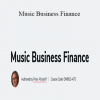
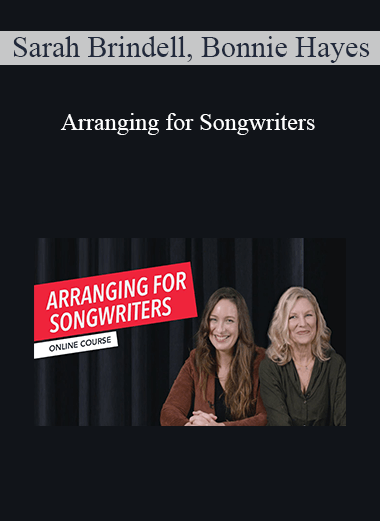
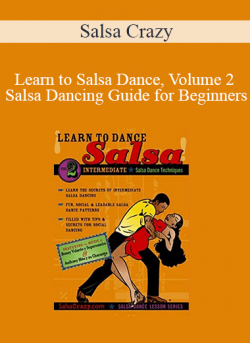
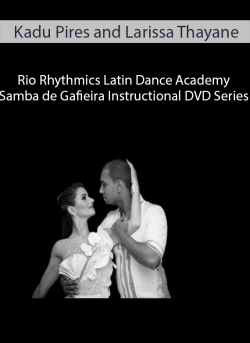
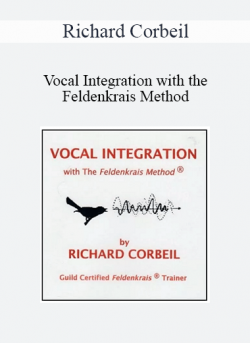
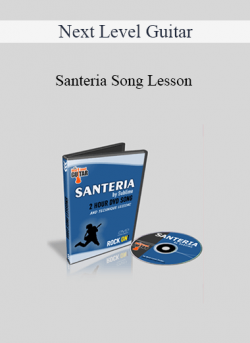

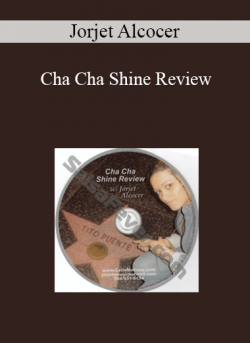
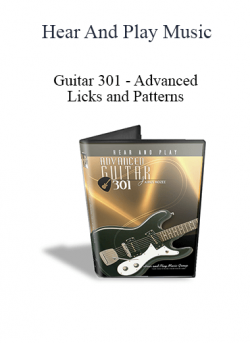
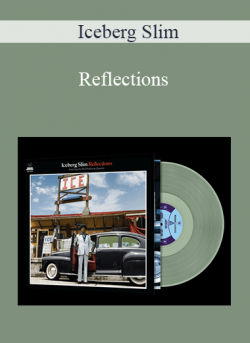
5 reviews for Sarah Brindell, Bonnie Hayes – Arranging for Songwriters: Instrumentation and Production in Songwriting
There are no reviews yet.